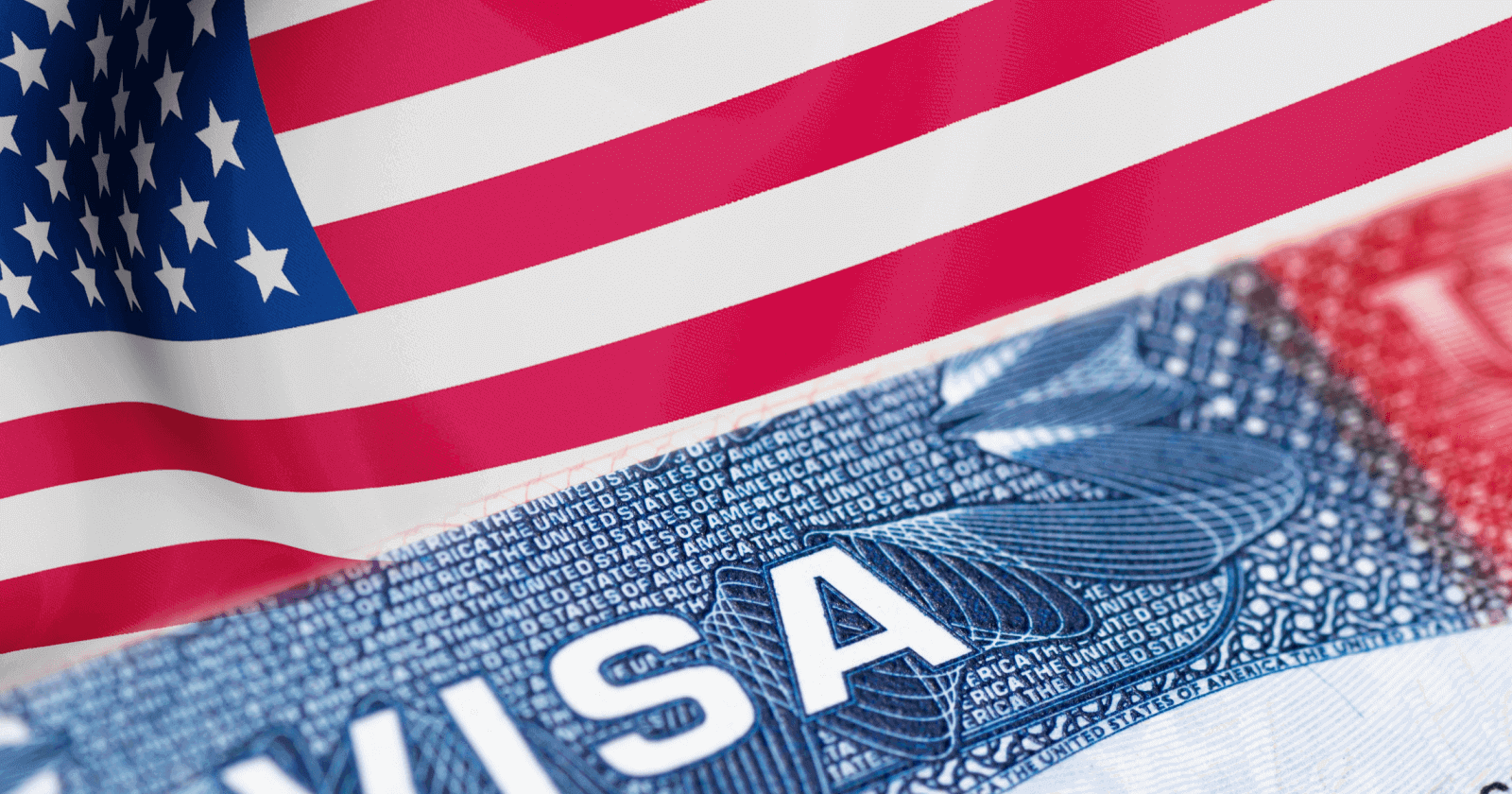Why International Education is Vital to America’s Strength, Security, and Prosperity



This is a reflection by David Clubb, Executive Director of the Cranwell Family Foundation (CFF), regarding the US Department of State's May 27 announcement of a “pause” in student visa appointments at US embassies and consulates around the world, which directly impacts many organizations CFF is engaged with and supports, including but not limited to the Cranwell International Center, the Center for Refugee, Migrant, and Displacement Studies, African Leadership Academy, and Elimisha Kakuma. This was also published as an op ed in Cardinal News.
It’s Time to Lift the Pause: Why International Education is Vital to America’s Strength, Security, and Prosperity
(published as op ed in Cardinal News, June 16, 2025 | https://cardinalnews.org/2025/06/16/its-time-to-lift-the-pause-why-international-education-is-vital-to-americas-strength-security-and-prosperity)
On May 27, the U.S. Department of State announced a “pause” in student visa appointments at U.S. embassies and consulates worldwide. Nearly a month later, this temporary measure has morphed into what many are now calling a de facto suspension. Whether you’re reading this while the suspension is still in place—or even if it’s been lifted—the damage is already done.
This pause is more than a bureaucratic delay; it’s a profound misstep with consequences that reverberate far beyond missed academic start dates. Suspending student visas does not make America safer. It does not make us stronger. And it certainly does not make America more prosperous. It undermines our national security, global leadership, and economic competitiveness. In effect, it sacrifices our national interest at the altar of xenophobia.
International students in the United States should be welcomed, not sidelined; celebrated, not scapegoated. Their presence on our campuses and in our communities is an unequivocal win for the United States—and it directly supports the framework laid out by U.S. Secretary of State Marco Rubio, who stated that every action by the State Department would be guided by three questions:
1. Does it make us stronger?
2. Does it make us safer?
3. Does it make us more prosperous?
Let’s answer those questions.
Does welcoming international students make us stronger?
Yes. International students fuel innovation, enrich classroom discussions, and bring global perspectives that prepare all students—American and international alike—for a globally connected world. They contribute cutting-edge research in STEM fields, drive entrepreneurship, and strengthen academic excellence at U.S. institutions—many of which rely on them to sustain key graduate programs.
Does it make us safer?
Yes. International education is one of the United States’ greatest tools of diplomacy. It fosters trust, mutual understanding, and enduring people-to-people relationships. When students come to the U.S., they engage directly with our democratic values and institutions—and return home with more nuanced views of America, often becoming lifelong allies and informal ambassadors.
Does it make us more prosperous?
Absolutely. According to NAFSA: Association of International Educators, international students contributed $43.8 billion to the U.S. economy during the 2023–2024 academic year and supported 378,175 jobs nationwide.
In Virginia alone, where I live, nearly 22,000 international students contributed $807.2 million, supporting 7,650 jobs across the Commonwealth. These students pay tuition, rent apartments, purchase goods and services, and support entire local economies—including rural and underserved communities. In many cases, they help subsidize education for domestic students, especially at public universities facing state funding constraints.
What Happens When We Shut the Door?
Delaying or denying student visas sends a dangerous signal: that the U.S. is no longer a welcoming destination for global talent. As we hesitate, other nations—Canada, the U.K., Australia—are acting swiftly to attract the same students we risk losing. The long-term damage to our higher education system, economic competitiveness, and global standing is real and growing.
Every missed semester, every student turned away, and every family who no longer trusts the American system represents a long-term loss that may never be recouped.
It’s Time to Act
The U.S. must immediately lift the pause on student visa appointments and make restoring international education a diplomatic and national priority. This isn’t just a higher education issue—it’s a matter of national identity and international relevance.
International students make us stronger, safer, and more prosperous.
Let’s rise to this moment, reaffirm our global leadership, and ensure that the doors of opportunity—so long a hallmark of the American promise—remain open to the world’s brightest minds.
It’s time to welcome them back.

